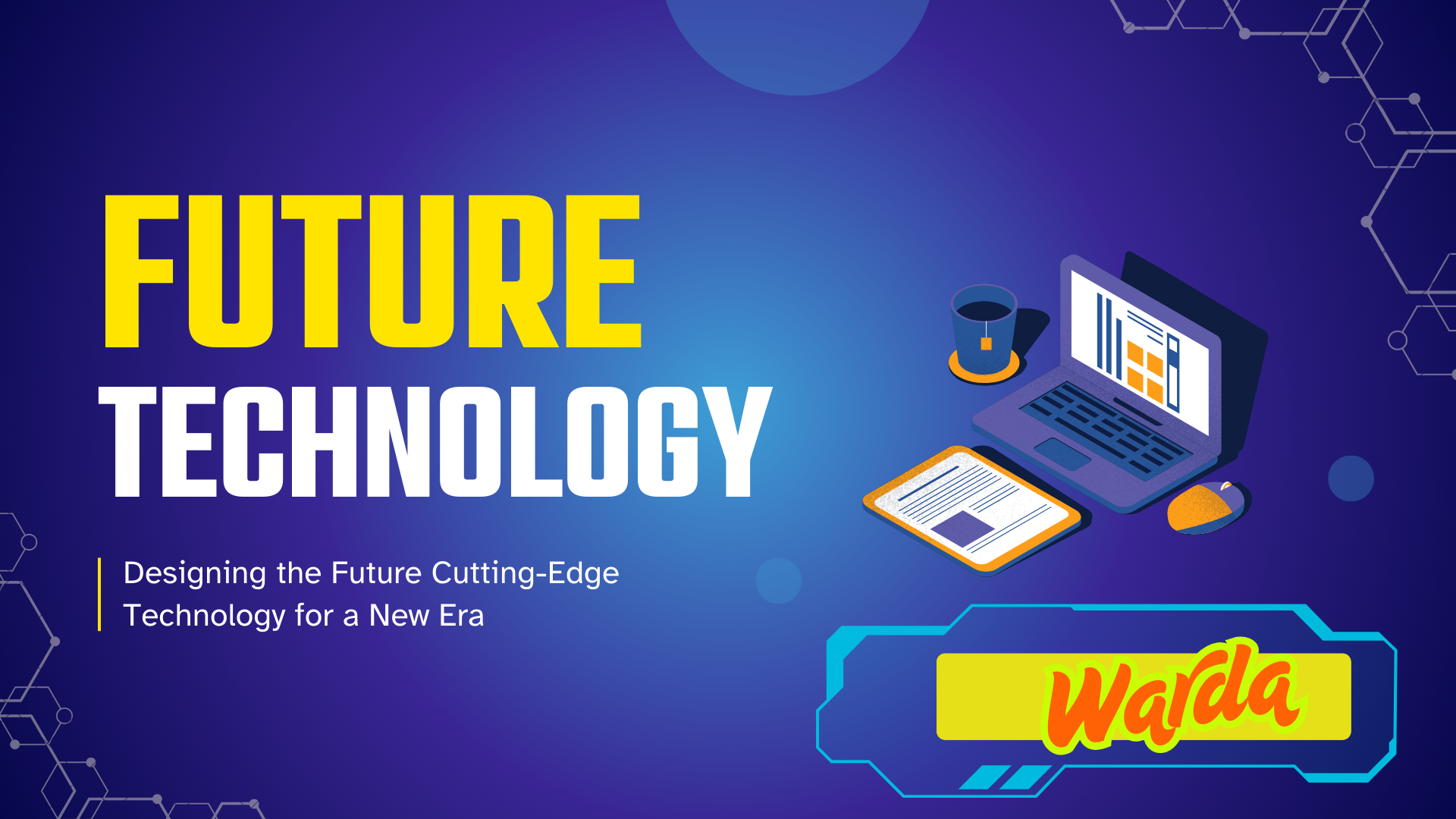Technology is evolving at an unprecedented rate, transforming every aspect of our lives—from how we communicate to how we work, travel, learn, and even heal. As we look toward the future, the potential of emerging technologies promises a world that is smarter, more efficient, and deeply interconnected.
1. Artificial Intelligence (AI) and Machine Learning
AI is set to become the backbone of future innovation. With machines learning from data, AI will power everything from self-driving cars and intelligent assistants to healthcare diagnostics and smart homes. In the future, AI may evolve to understand emotions, make ethical decisions, and even create original content.
2. Robotics and Automation
Robots are moving beyond industrial factories. In the coming years, we will see robots assisting in hospitals, homes, restaurants, and even in space exploration. Automation will revolutionize the workforce—making tasks faster and safer—but also challenging us to rethink the human role in the job market.
3. Virtual Reality (VR) and Augmented Reality (AR)
VR and AR will reshape how we experience the digital world. From immersive education and virtual tourism to remote collaboration and 3D modeling, these technologies will blend the physical and digital in ways we’ve never imagined.
4. Quantum Computing
Quantum computers, still in their early stages, have the power to solve problems that are impossible for traditional computers. In the future, they may revolutionize drug discovery, weather prediction, cybersecurity, and financial modeling.
5. Smart Cities and IoT (Internet of Things)
Smart cities will rely on interconnected sensors and systems to manage traffic, reduce energy usage, and improve urban life. The Internet of Things will allow everyday objects—like fridges, lights, and even clothes—to gather data and communicate with each other.
6. Space Technology
With private companies like SpaceX leading the way, space travel is becoming more accessible. Future technology may enable colonization of Mars, space tourism, and faster satellite internet across the globe.
7. Biotechnology and Health Tech
Future medicine will be personalized, predictive, and preventative. Wearables, nanotechnology, and genome editing tools like CRISPR will allow for early detection of diseases and even correction of genetic disorders.
Conclusion
The future of technology holds immense promise—but also raises ethical, social, and environmental challenges. As we innovate, it’s crucial to ensure that future technologies serve humanity, promote equity, and protect the planet.




